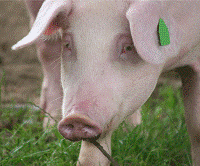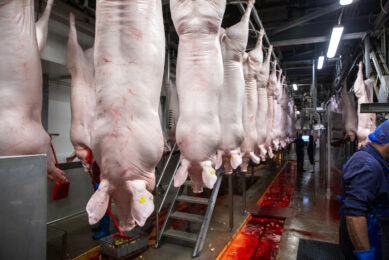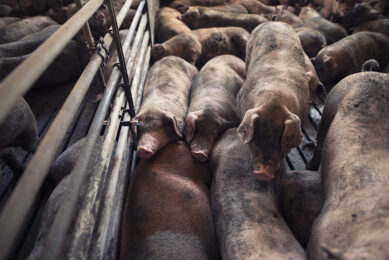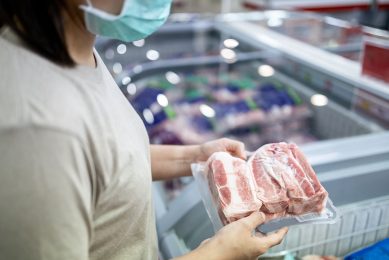US: New system to track cloned livestock

In the US, leading livestock cloning companies have announced a tracking programme using a supply chain management system that will allow food companies to identify cloned animals when they move into the food processing chain.
Taking a year to develop and following a rigorous assessment by the US Food and Drug Administration (FDA) and two previous reports by the National Academy of Sciences (NAS), no safety concerns with the products of cloned animals were found.
“Such a system virtually ensures that processors will be able to identify food from a cloned animal,” said Mark Walton, president of cloning company ViaGen Inc.
The programme functions through a national registry, affidavits and incentives. Cloning companies will give each cloned animal a unique ID. This identification will be entered into a registry which then can be queried and verified by the livestock auction market or packer/processor.
Upon delivery of the animal by the cloning company, the owner will sign an affidavit to ensure proper marketing and disposal of the animal. The owner must then notify the cloning company of death, consumption by owner or sale to a producer. In all cases, a verified signed statement must accompany the notification.
In December 2006, the FDA released a draft risk assessment confirming that food from clones and their offspring is indistinguishable from that of conventionally reproduced animals.
Related websites:
• FDA
• National Academy of Sciences
For the latest pig news, subscribe here











